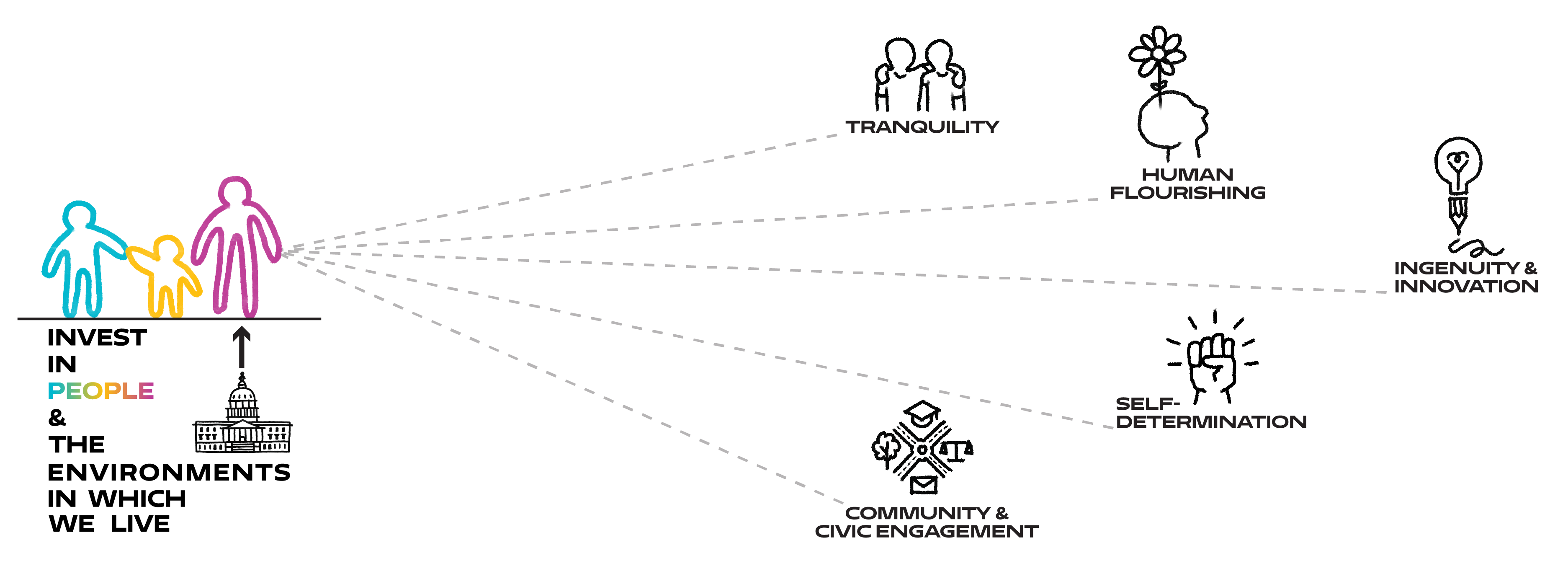ABOUT THE INSTITUTE
The Institute on Race, Power and Political Economy (“The Institute”) at The New School was founded in September 2020 in the midst of a global pandemic.
Beginning with a “North Star” conception of justice, The Institute is redefining how economic, political and social structures should work. We are identifying powerful and sustainable investment in human capacity, and propelling collaboration alongside field leaders to advance the realization of economic inclusion, social equity and civic engagement for all people in the US and across the globe.
Who We Are
Founded by renowned economist and university professor, Darrick Hamilton, and housed at The New School, a University founded on the values of economic inclusion and anti-fascism, the Institute hosts a Hub of activities with a reach of nearly 70 active researchers, analysts, and organizers, powering the adoption of transformative ideas and policy solutions, and stewarding economic inclusion.
Our team of top tier talent includes full-time program directors, faculty and external fellows, and graduate student researchers who bring skill sets and backgrounds in everything from community organizing to critical race theorists to feminist economists. Our team has held roles such as the former Senior Economist in the United Nations Office of the High Commissioner for Human Rights, the former president and CEO at Prosperity Now, the former Vice President of Research at PolicyLink, a Pulitzer Prize winning poet working on narratives, and an award winning documentarian and former Editor at the Washington Post to name a few.
